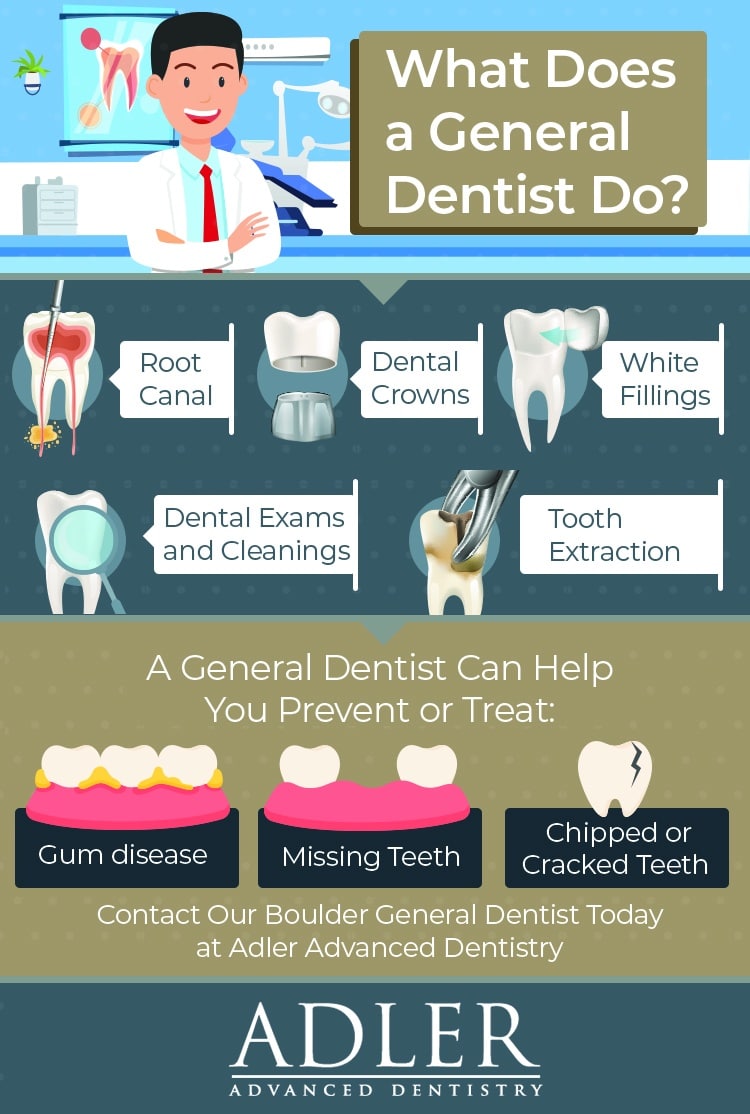Oral Implants Demystified: Everything You Required to Learn About Restorative Solutions
In the world of restorative dentistry, oral implants stand as a contemporary solution that has revolutionized the method we come close to missing teeth. With their capability to seamlessly mix in with all-natural teeth, dental implants have ended up being a preferred option for individuals seeking a lasting fix for tooth loss.
Understanding Oral Implants
In contemporary dental care, oral implants work as resilient and steady replacements for missing out on teeth, giving patients with a long-term service for restoring their smiles and oral health and wellness. Comprehending the parts of oral implants is essential for patients considering this restorative option. A common dental implant includes three almosts all: the implant component, joint, and prosthetic crown. The dental implant component, generally constructed from titanium, is operatively put into the jawbone to act as a substitute for the tooth origin. Gradually, this fixture merges with the bone through a process called osseointegration, guaranteeing stability and toughness. The joint is affixed to the dental implant fixture and serves as a connector for the prosthetic crown. Lastly, the prosthetic crown is personalized to match the shade, form, and size of the natural teeth, offering a seamless and aesthetically pleasing result. By comprehending these fundamental elements, individuals can make educated decisions regarding their oral health and wellness and treatment alternatives.
Benefits of Oral Implants
Oral implants offer a variety of benefits that add to improved oral function and improved top quality of life for individuals with missing teeth. Unlike standard oral bridges or dentures, implants are designed to fuse with the jawbone, offering a steady structure for substitute teeth.
Furthermore, dental implants feel and look like natural teeth, enabling for smooth integration into everyday activities such as eating and talking. They give a comfy and secure fit, eliminating the discomfort commonly linked with removable dentures. Additionally, implants do not require modification of nearby healthy and balanced teeth, maintaining general oral health.
Additionally, dental implants promote oral health by stopping additional bone loss and degeneration of the jawbone. This security likewise supports facial looks, protecting against the sunken look that can happen with missing out on teeth. In general, dental implants provide a dependable and long-term solution for people looking for to recover their smile and oral function.
Procedure for Oral Implants
With an understanding of the advantages oral implants provide in terms of sturdiness, natural look, and dental health and wellness preservation, it is vital to understand the thorough treatment associated with their placement. The process of obtaining dental implants usually involves numerous phases and needs collaboration in between the individual, dental professional, and frequently a professional like a dental cosmetic surgeon or periodontist.
At first, an extensive exam is carried out to evaluate the person's oral health and figure out if they are an appropriate prospect for dental implants. This analysis includes X-rays, 3D scans, and impacts of the teeth and periodontals. If the patient is considered qualified, the next action is the surgical placement of the dental implant right into the jawbone. This procedure is usually done under local anesthetic to ensure convenience.
After the implant is put, a recovery period of a number of months is essential to allow osseointegration-- the process where the dental implant integrates with the bone. Subsequently, an abutment is affixed to the dental implant, and a tailor-made fabricated tooth or crown is positioned on top, bring back feature and aesthetics to the client's smile. dental implants Campbelltown NSW. Routine follow-up consultations are essential to keep an eye on the recovery procedure and ensure the long-term success of the dental implant
Healing After Oral Implants
Adhering to the effective placement of dental implants, an essential facet to take into consideration is the post-operative recuperation process. Recovery after dental implant surgery is a vital stage that calls for cautious interest to guarantee proper recovery and combination of the implants.

Regular follow-up consultations with the dental professional are needed to check the recovery progress and ensure that the implants are integrating effectively. By complying with these healing standards and looking for timely specialist suggestions if any kind of problems emerge, people can optimize their recovery procedure and established the structure for effective lasting dental implant repair.
Upkeep of Dental Implants
Appropriate maintenance of dental implants is important to ensure their longevity and functionality. Adhering to the first recovery period after implant placement, diligent treatment is critical to avoid difficulties and preserve oral health. Regular oral examinations, usually every six months or as recommended by your dentist, are essential for checking the problem of the implants and determining any potential concerns early.
Daily oral health techniques play a considerable role in maintaining the honesty of dental implants. Brushing at the very least twice a day with a soft-bristled brush and using non-abrasive tooth paste assists to clean the dental implant crowns and surrounding gums. Flossing as soon my sources as a day is likewise necessary to remove plaque and particles from hard-to-reach locations between the implants.

Verdict
In conclusion, dental implants are a corrective remedy that offers countless benefits such as enhanced look, capability, and oral health and wellness. The treatment entails surgically placing titanium articles right into the jawbone to sustain artificial teeth. Recovery after dental implants might consist of Your Domain Name some discomfort and swelling, however appropriate treatment and upkeep can ensure lasting outcomes. If you are taking into consideration oral implants, speak with an oral expert to establish if this option is right for you.